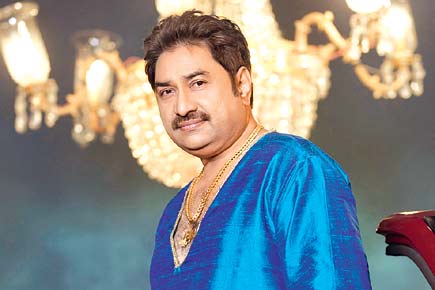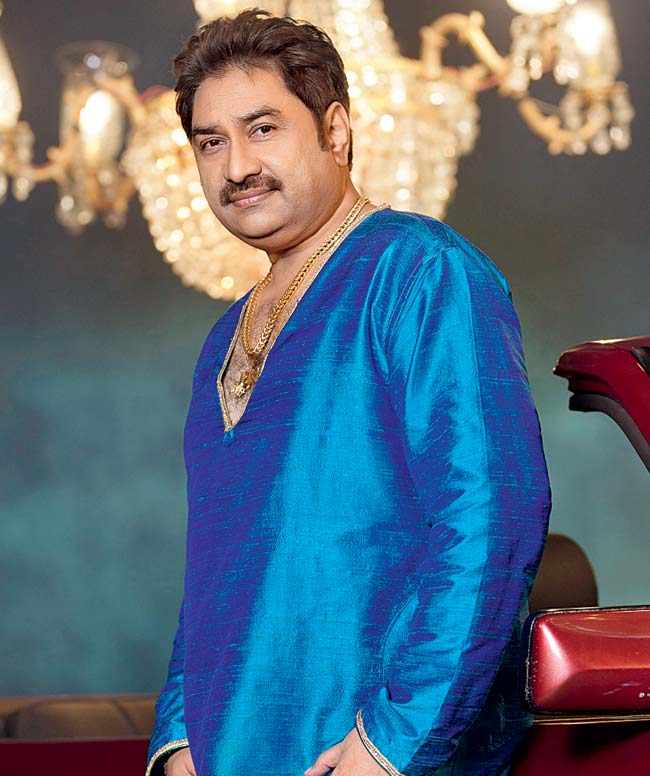Veteran singer Kumar Sanu, who ruled the roost for around three decades, rues the lack of melody in music today. He talks to Deepali Dhingra about his album and future plans

Kumar Sanu
Many years ago, when a young boy was trying to make his mark in music, he modelled his voice and singing style after the legendary Kishore Kumar. Little did he know that he, too, would soon become one of the most loved and cherished playback singers the Bollywood industry has ever seen.
ADVERTISEMENT

Kumar Sanu, who self-admittedly copied Kishore Kumar’s style, truly came into his own when he sang for Aashiqui and the rest, as they say, is history. But even years later, Sanu says he finds inspiration in the way the legendary singer used to sing. Sanu has now come out with an album, Hum aur tum, as a tribute to his idol. Malaysian princess Almas Noor, who is a great fan of Sanu and a singer herself, has also sung a couple of tracks in the album.
“I have already received a good response from people who have heard the album and seen the music videos,” says Sanu. The singer, who in the 1990s and 2000s, sang some of the most melodious numbers including Ek Ladki Ko Dekha (1942 A Love Story), Tum Dil Ki Dhadkan Mein (Dhadkan), Jeeyein Toh Jeeyein Kaise (Saajan), had a lull in his career before he came back with Chhamak Challo Chail Chabeeli in Rowdy Rathore and a song in Bombay Talkies last year. Ask Sanu about this gap and he says it’s a phase that every artist goes through. “Artists such as Mohammed Rafi, Lata Mangeskhar, Mukesh, Asha Bhosle among others have all gone through this cycle of ups and downs and I’m glad even I went through that,” he says.
However, the singer who’s been in the industry for more than three decades, is disillusioned with the vulgarity in today’s music. “It makes me really sad to hear vulgar lyrics and to see the picturisation of the songs. The music made in the 1960s, ‘70s, ‘80s and ‘90s used to be about sending the right message through music.
But now, it seems that art is polluting society,” says Sanu. For somebody who’s name is synonymous with the beautiful music of Aashiqui, one can’t help ask him about his reaction to the music of Aashiqui 2. “I think the singers did a good job and there were at least two good songs, but if you listen to the album as a whole, you don’t see any versatility. And how will there be versatility?” he questions. “The music composers these days are controlled by producers and music companies. They don’t have the guts to come out and say that they want certain types of lyrics or music,” the musician answers the question himself.
Sanu is glad that he is doing the kind of music he wants to. “Even today, when people call me, they want me to sing melodious songs. That’s my victory,” he says. The singer, who is currently in London mixing for another private album, says he has enough projects on his hand. “I’m in the middle of making an album which will also see me singing in Spanish, along with some Hindi tracks,” he tells us. Sanu is hopeful that the industry will come back on track someday. “I will keep trying from my side, it’s up to the people to sit up and take notice,” he concludes.
deepali.dhingra@mid-day.com
 Subscribe today by clicking the link and stay updated with the latest news!" Click here!
Subscribe today by clicking the link and stay updated with the latest news!" Click here!







